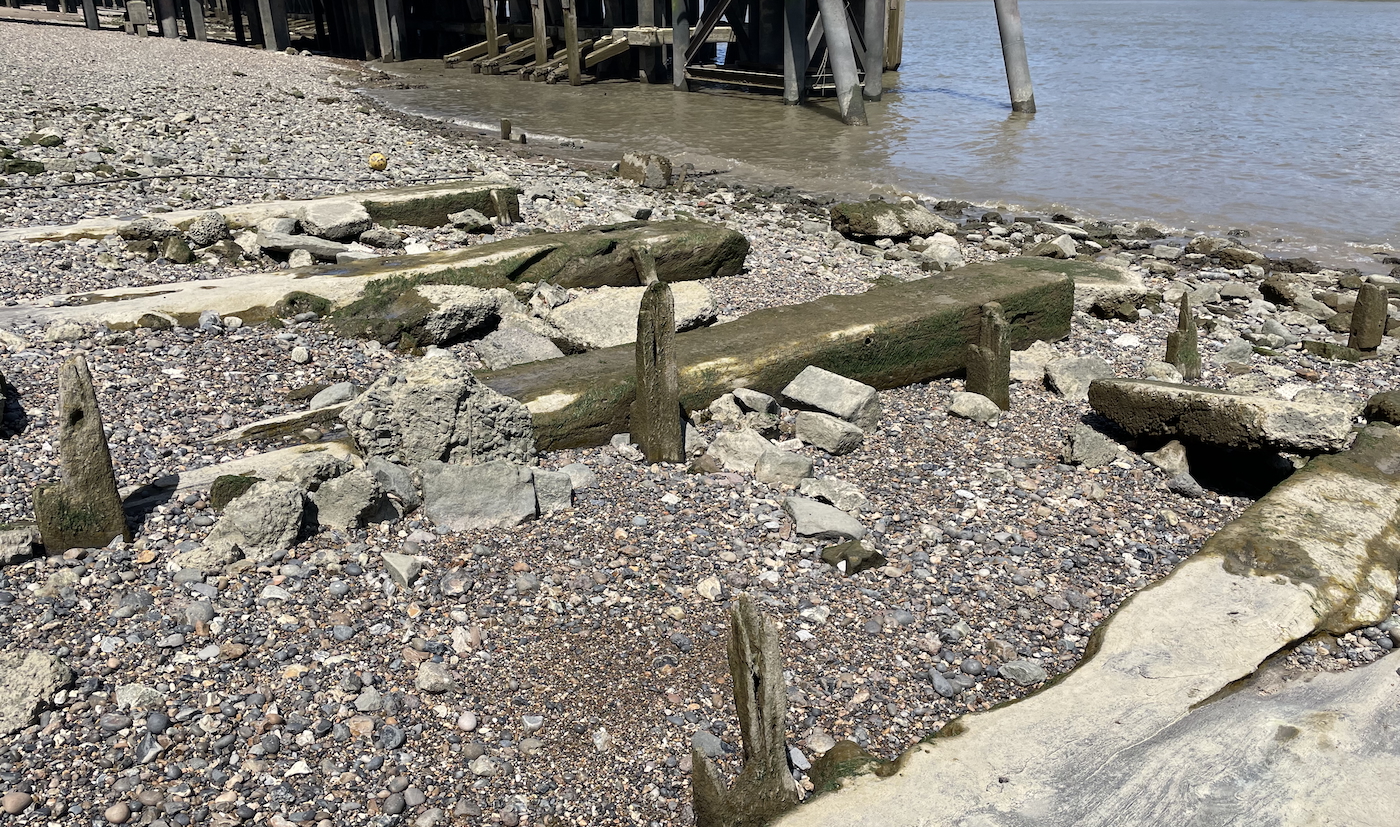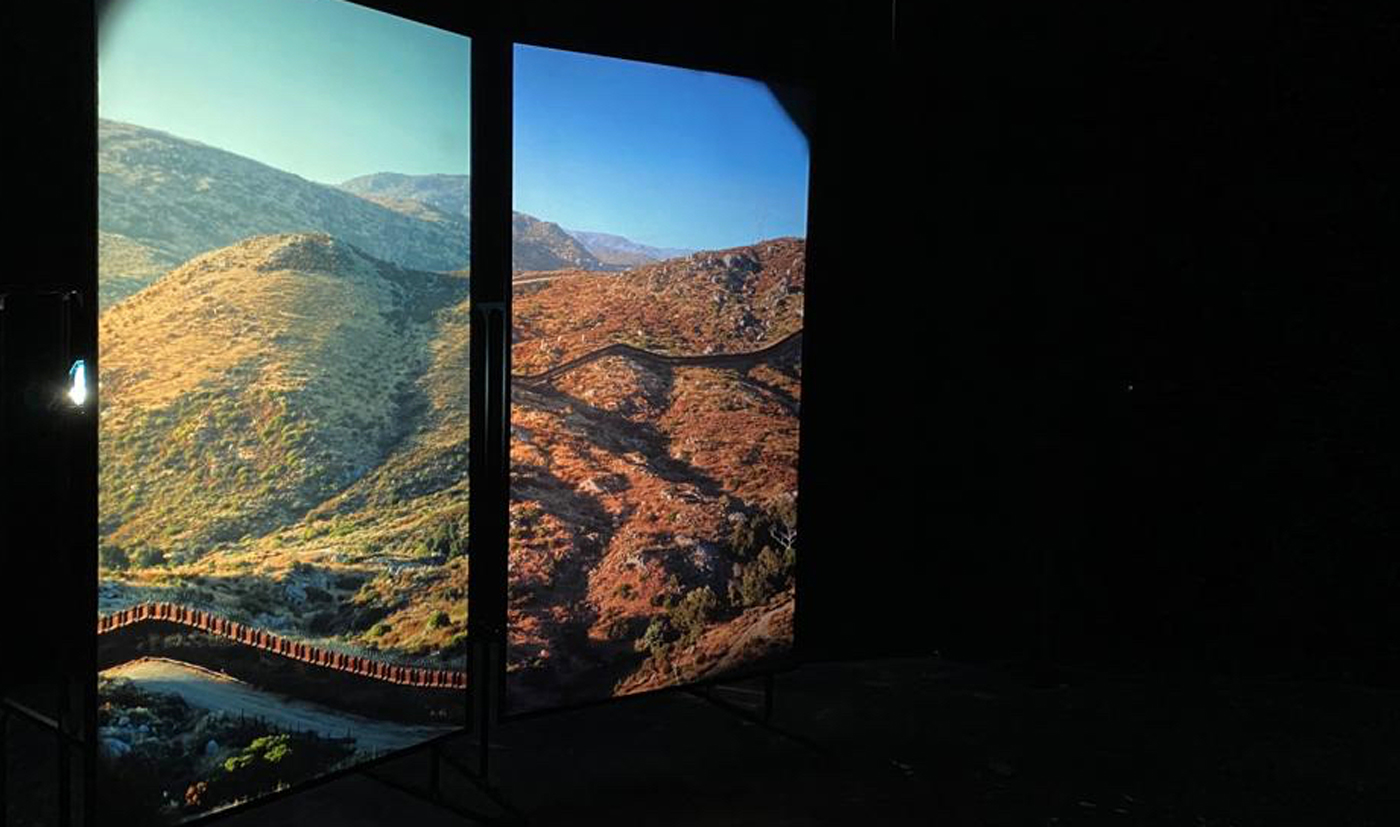Founders
The Empathy & Risk inquiry was
In recent years, Cotterrell and de Chickera have been embarking on an eclectic series of field trips and produced a series of experimental artworks to clarify their experience and understanding of fear, risk and empathetic failure. They had been feeling uncomfortable with war being described as a declared state rather than a location on an iterative scale of social disintegration. While accepting that some measure of polarization is a pre-requisite for conflict, Cotterrell and de Chickera have been considering the cycle of disengagement that is required to allow barriers to be constructed, long before they’re recognised as fortifications. Their research seeks to consider the staged challenges to empathy that occur long prior to the descent into the polarised engagement of military forces.
Where risk has been identified, and measures are variably employed as responsive protocols, a situation of distancing can occur – most obviously between the observer and the subject, but also between the perceptions of different observers. To address this threat to collective understanding, they have been developing a research network, exploring the contradictory nature of mutually exclusive versions of



